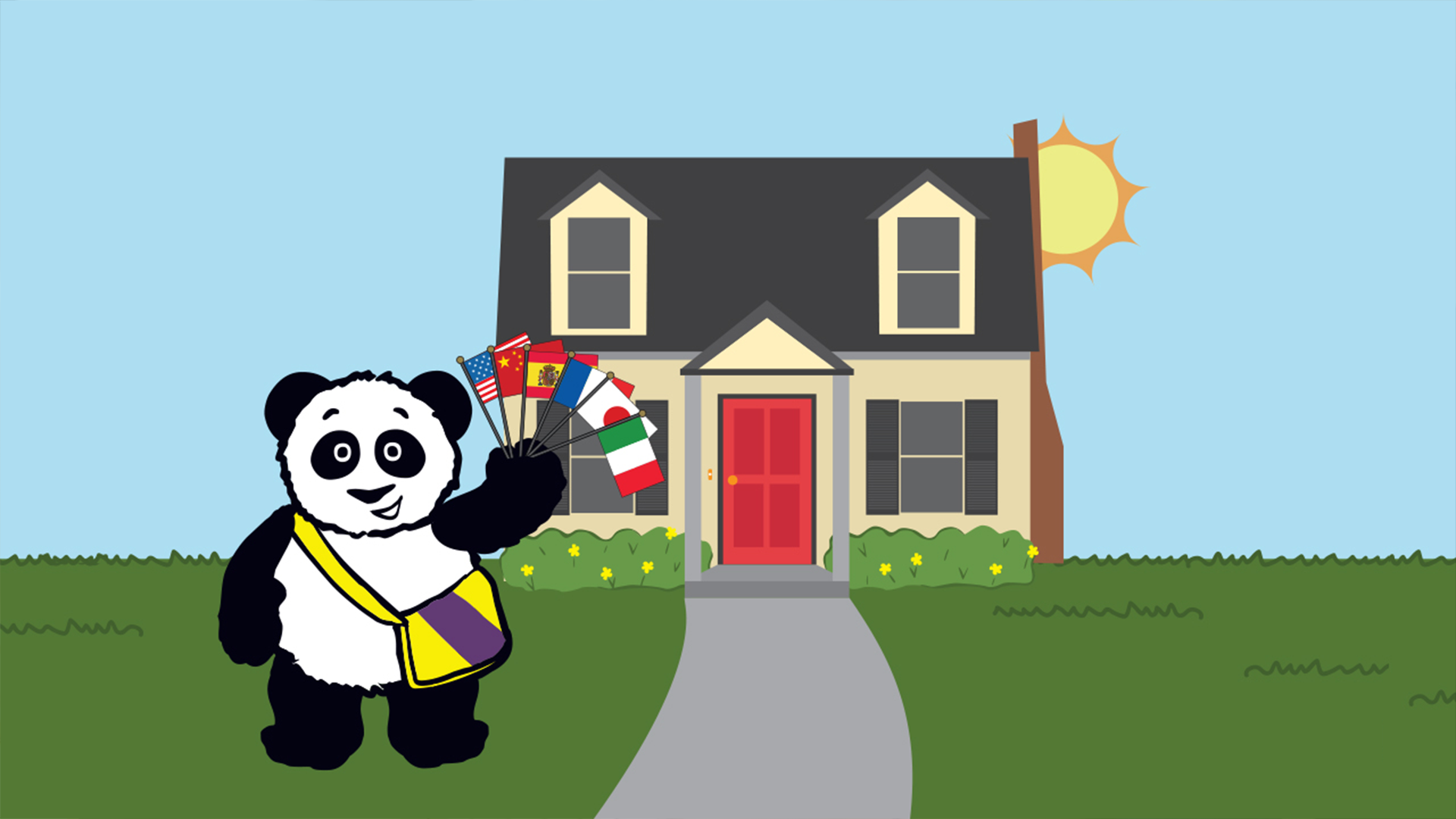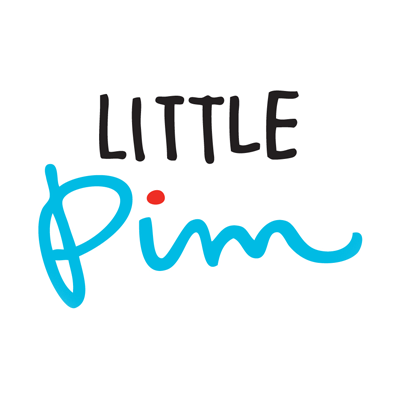
LITTLE PIM BLOG
iPads Improve Language Skills in Kids with Autism
A new study has found that using iPads can help children with autism improve their language skills, CBS News reports. In the study, 61 kids, ages 5 to 8, were given speech therapy for 6 months. Half of the children were given access to iPads, while the other half were not. All of the kids involved in the study were "minimally verbal," meaning they had a vocabulary of fewer than 20 words.
The researchers found that the children using iPads doubled the number of words in their vocabulary, compared with those who did not use the device. The kids using iPads also showed much faster improvement in their language skills during the course of the study.
Dr. Connie Kasari, a professor of human development and psychology and psychiatry at the University of California, Los Angeles who helped to conduct the study, said that children benefit from using tablets because they allow for repeated practice, and the visual stimulants encourage verbal response. Using device like an iPad can also help clarify words the child is struggling with and may even alleviate the pressure to communicate, she explained.
This latest study is particularly interesting to us at Little Pim. We've heard from many families of children with autism who have expressed how much our program helped their kids communicate better in English, their native language. Parents have told us that their children with autism are drawn to the colors and sounds of our videos and that they've improved their language skills significantly using Little Pim.
We embrace the way technology can help children learn. That's why made our immersive language program for kids available both on DVD and in digital form, so that kids can use tablets or other devices to learn languages. And our mobile apps are another great way for kids to learn languages while having fun at the same time.
If you have a child with autism, using an immersive language program like Little Pim on a tablet can be a great way for your child to improve his or her language skills. Our videos provide kids with visual and aural stimulation while encouraging feedback and repetition to help kids learn.
And if you have a child with Autism who's been helped by Little Pim, we'd love to hear from you! Email us at info@littlepim.com to share your story.
Stanford researchers say early language learning is critical
How do we begin to learn a language? How do young children go from the "goo" (baby talk) to being able to form real words and sentences by the time they're toddlers? In the video below, Stanford researchers discuss their studies involving children's language learning, what abilities are involved in language learning, and how language interacts with kids' understanding of their social world.
[youtube id="TBiE5F83ZE4"]
The researchers explain the importance of understanding how kids learn so that we can begin to design better early childhood intervention programs for kids who aren't getting enough language input, or in cases of developmental disabilities.
They also stress that the language children are exposed to in infancy and early childhood has a huge impact on their later language and academic abilities. As Associate Professor Michael Frank says in the video,
The language exposure you get early on in life is really critical for your later language proficiency and your school performance.
Their conclusion backs up the premise behind our award-winning language learning program: the best time for kids to learn a language is before age 6. Be sure to check out the research behind our method to learn more about how we integrate scientific studies like these to help kids effectively learn languages, both native and foreign.
The benefits of bilingualism - Dr Bialystok
Here at Little Pim, we’re well versed in the benefits of foreign language learning. We know just how important it is for a child’s early development, the advantages multilinguals have in reading, math and social skills, and how it improves memory overall. Journalist Claudia Dreifus’s excellent interview with Dr. Ellen Bialystok serves as a good reminder of just how critical language learning can be for young minds. Printed in the New York Times Science section this week, Dr. Bialystok’s interview is currently the most emailed article on NYTimes.com, and makes for a truly fascinating read.
Dr. Bialystok is a leading psychology professor, whose main academic focus is bilingualism and its effect on language and cognitive development in children. She has received many prestigious awards for her research, including the Killam Prize and the Pimsleur Award for Foreign Language Education (named for my late father, Dr. Paul Pimsleur).
I’ve highlighted a few of Dr. Bialystok’s main points she made in this week’s New York Times piece:
As we did our research, you could see there was a big difference in the way monolingual and bilingual children processed language. We found that if you gave 5- and 6-year-olds language problems to solve, monolingual and bilingual children knew, pretty much, the same amount of language.
But on one question, there was a difference. We asked all the children if a certain illogical sentence was grammatically correct: “Apples grow on noses.” The monolingual children couldn’t answer. They’d say, “That’s silly” and they’d stall. But the bilingual children would say, in their own words, “It’s silly, but it’s grammatically correct.” The bilinguals, we found, manifested a cognitive system with the ability to attend to important information and ignore the less important.
…There’s a system in your brain, the executive control system. It’s a general manager. Its job is to keep you focused on what is relevant, while ignoring distractions. It’s what makes it possible for you to hold two different things in your mind at one time and switch between them.
If you have two languages and you use them regularly, the way the brain’s networks work is that every time you speak, both languages pop up and the executive control system has to sort through everything and attend to what’s relevant in the moment. Therefore the bilinguals use that system more, and it’s that regular use that makes that system more efficient.
Q. One would think bilingualism might help with multitasking — does it?
A. Yes, multitasking is one of the things the executive control system handles. We wondered, “Are bilinguals better at multitasking?” So we put monolinguals and bilinguals into a driving simulator. Through headphones, we gave them extra tasks to do — as if they were driving and talking on cellphones. We then measured how much worse their driving got. Now, everybody’s driving got worse. But the bilinguals, their driving didn’t drop as much. Because adding on another task while trying to concentrate on a driving problem, that’s what bilingualism gives you — though I wouldn’t advise doing this.
Not convinced yet? There is more!
On average, the bilinguals showed Alzheimer’s symptoms five or six years later than those who spoke only one language.”
You can read the piece in its entirety here:
http://www.nytimes.com/2011/05/31/science/31conversation.html
I also recommend Dr. Bialystok’s “Language Processing in Bilingual Children” if you’re interested in delving into her research, which covers many of her discoveries in more depth:
Little Pim parents are always telling me of the benefits of foreign language learning for their children – benefits that extend beyond the obvious ability to communicate in another language. I’d love to hear your thoughts and observations about how introducing your child to another language has affected their early development. I know that my son had an easier time recognizing “big words” in English because he could recognize the French root in words like “chagrin” (which means sad in French) or “collage” (from the French word colle, which means glue). He is also accustomed to absorbing vocabulary words, which has improved his concentration and ability to stick with challenging mental tasks. What have you seen in your kids?



